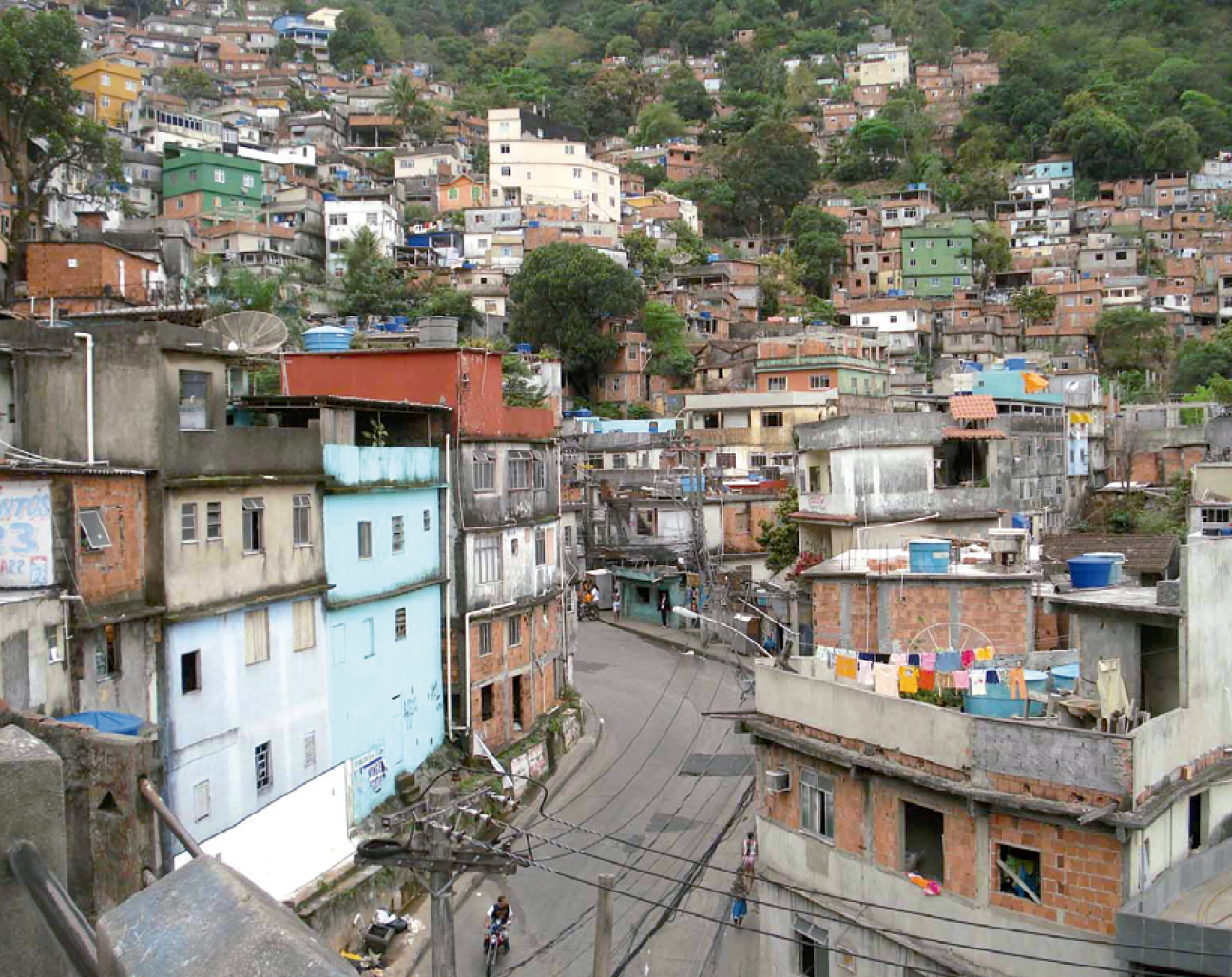INITIATIVE FOR EMERGING AND SUSTAINABLE CITIES IN LATIN AMERICA AND THE CARIBBEAN
Latin America and the Caribbean is the world’s second most urbanized region, with 8 out of 10 people living in cities. Between 1950 and 2014, it was urbanized at an unprecedented rate, with its urban population rising from 41 percent to 80 percent. If this trend continues, in 20 years almost the entire population of Latin America will live in cities.
“Helping to make developing cities inclusive, safe, resilient and sustainable”
This rapid growth has created opportunities, but it has also generated great challenges. The accelerated increase in urban population has caused imbalances and inequities in many of these cities, which nowadays have problems involving unchecked growth, high levels of congestion and greater vulnerability to natural disasters (floods, droughts, etc.).
That is why the Inter-American Development Bank (IDB) thought that facing the challenges of sustainable urban development in the region required a comprehensive approach based on striking a balance with the natural environment that would at the same time encourage economic development and social inclusion, and reduce the vulnerability of cities to natural disasters.



